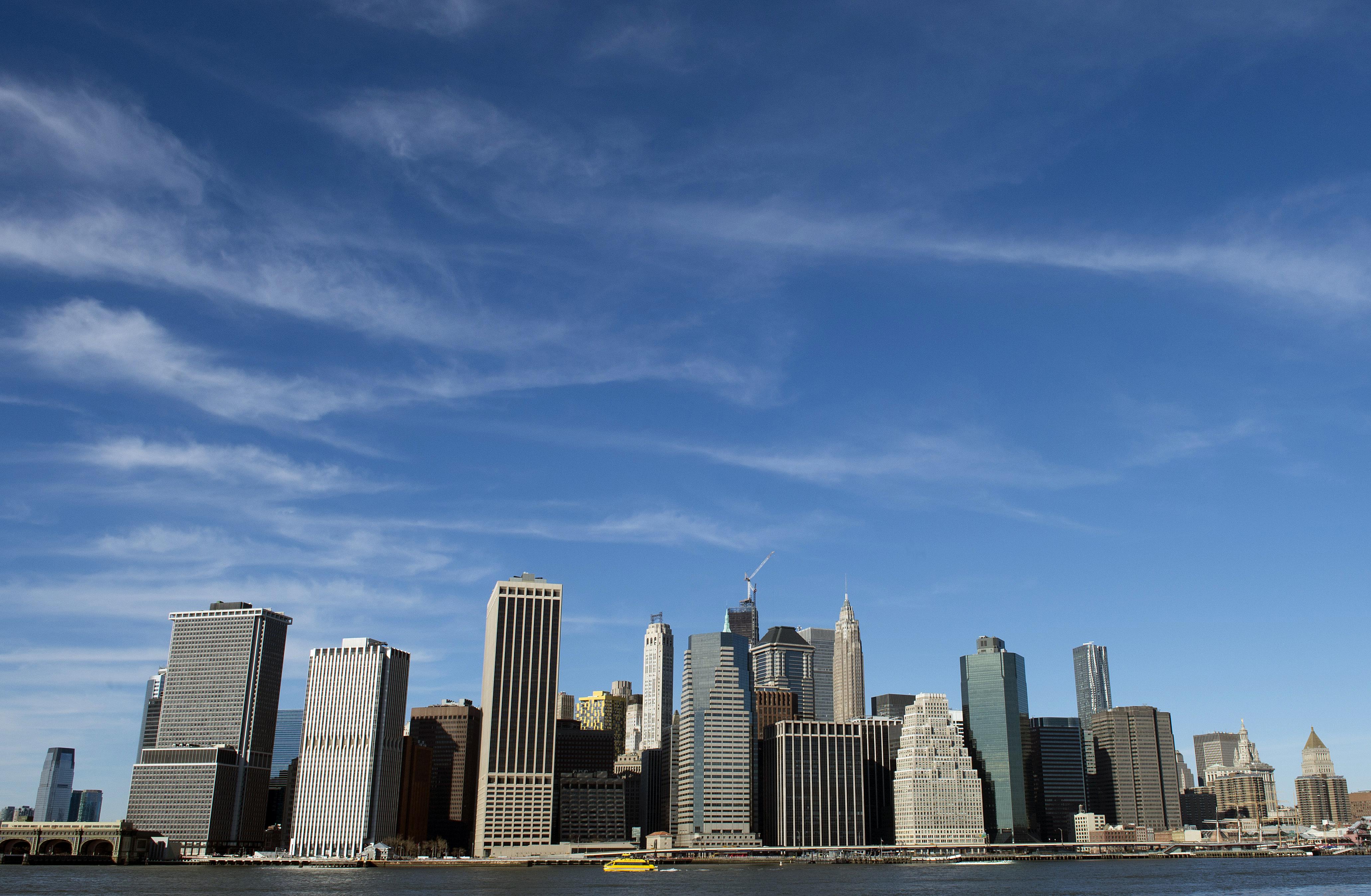In the beginning, there were the classical economists—most famously Adam Smith and David Ricardo—who wrote about a mostly preindustrial economy. A little bit unfortunately for them, the Industrial Revolution turned out to be far and away the most important thing to ever happen in economy history. So you got Karl Marx, who in many ways was trying to deploy classical ideas in an Industrial Revolution context, and you got the “marginal revolution” and the development of the modern economics today.
But as rich countries shift more and more into a postindustrial economy, I think many of the distinctive posits of old-fashioned classical economics are relevant again.
In particular the treatment of land and natural resources as something important and importantly different from “capital” has a new relevance today. Some of that is simply because thanks to the environmentalist movement we care about natural resources in a way that the public figures of the high industrial revolution didn’t. But it’s also because, paradoxically, the rapid fall in transportation and communications prices has made location matter more than ever. Digital communication turns out to be more of a complement to than a substitute for face-to-face communication. And the ability to transport physical goods across vast distances cheaply has created an economy in which a much larger share of the population works performing face-to-face services (cooking and serving food, running cash registers, providing health care, teaching kids, policing the streets, fixing the plumbing) than in producing physical goods.
At any rate, if you’re interested in these issues (and you should be!), then you’ll like Ashok Rao’s effort to sketch a 21st-century Ricardo agenda and this lecture series on classical economists that Tyler Cowen is doing.
